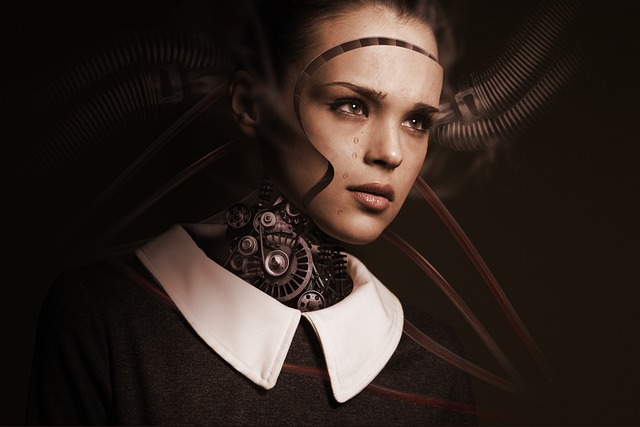
How can AI be used in coaching and what are its limitations when it comes to nuanced human interaction?
Artificial Intelligence (AI) has been gaining popularity in recent years across various industries. From healthcare to banking and retail, AI has shown its potential to enhance the way we work and live. Similarly, the field of coaching has also been exploring AI technology in hopes to revolutionise the coaching experience. However, the question remains – can AI technology replace human coaches? In this post, we explore the possibilities of AI in coaching and discuss how it can be useful, but also its limitations when it comes to nuanced human interaction.
AI technology has the potential to revolutionise the coaching industry. AI programs can analyse vast amounts of data to identify patterns and offer personalised recommendations that take into account an individual’s history and behaviour. This technology has the potential to support coaching in several ways, including self-reflection, goal setting, and accountability. It can also provide consistent, objective feedback and help in tracking progress toward specific goals. AI-powered chatbots have also been used in coaching. They can act as virtual assistants, answering queries, giving insights, and providing guidance.
However, while AI technology has massive potential in the coaching industry, it cannot replace human coaches entirely. Automated coaching programs can only offer pre-determined responses based on rules and algorithms, which lack the intuition, creativity, and experiences of humans. A human coach can read body language and facial expressions to understand how a client is reacting and adjust their approach accordingly. They can offer unbiased opinions and recommendations, personalised to their client’s unique situation.
Human coaching is all about building relationships and trust. While AI programs may offer personalised recommendations, they lack the empathy and warmth that a human connection provides. A coach can relate to their client’s situation on a personal level, offer encouragement and accountability, and help them through emotional blocks. The human touch and perception cannot be totally duplicated by technology – yet!
Another limitation of AI coaching programs is their inability to adapt to unexpected circumstances. Coaching is not always predictable, and a client’s needs may change unexpectedly. A human coach can adapt to real-time feedback from clients, while an AI coaching program cannot. Moreover, AI technology can only work with the data it’s been trained on and cannot provide out-of-the-box, creative interventions for complex problems.
While AI technology has the potential to enhance the coaching experience, it cannot replace human coaches. Human coaches are capable of providing crucial nuanced human interactions and thinking that the AI technology cannot replicate including human empathy, humility, vulnerability, connection, and creativity. As we move forward, we must view coaching as a collaborative effort between AI technology and human coaches. Embracing technology to support coaches may provide a more extensive and insightful view of clients, allowing human coaches to provide personalised, multifaceted, and innovative solutions to their clients. It’s an exciting time to be in the coaching industry, and we must embrace technological advancements while still prioritising the human touch.